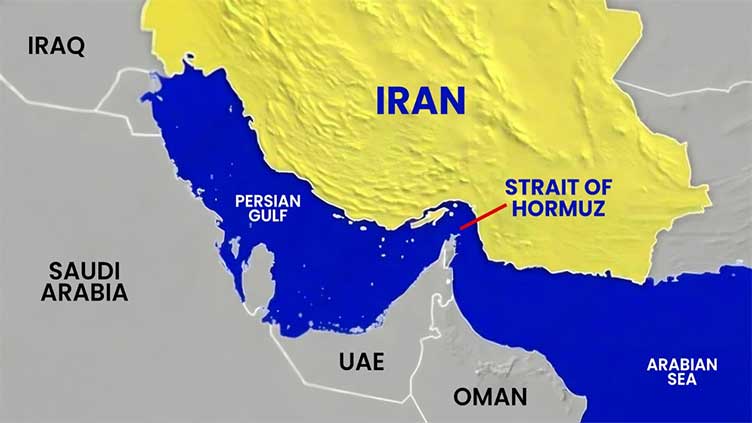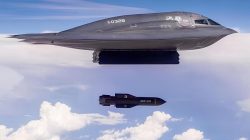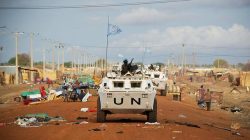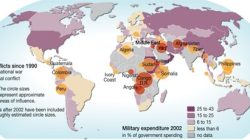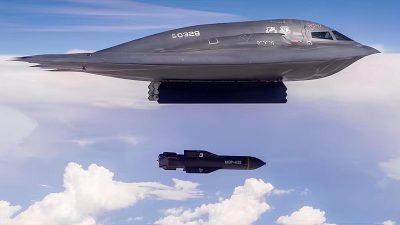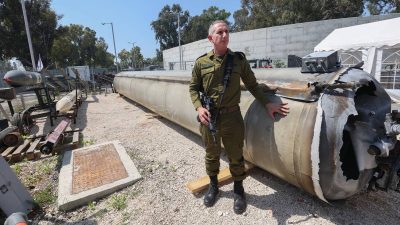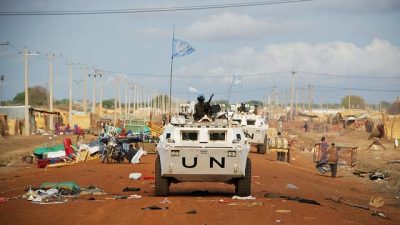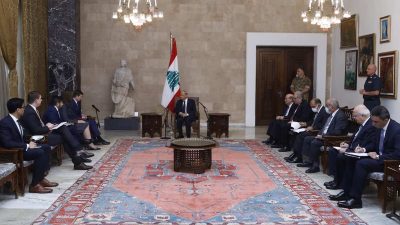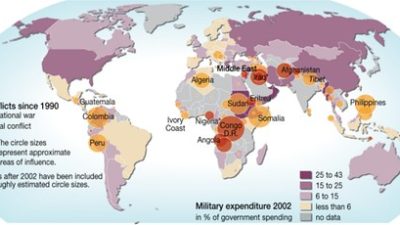Pakistan, June 22 — Tensions in the Middle East soared on Sunday as Iran announced the closure of the strategic Strait of Hormuz and vowed to target U.S. military positions following American strikes on its nuclear facilities.
The Strait of Hormuz is a vital shipping route through which a large share of the world’s oil supply flows. Its shutdown threatens to disrupt global energy markets and raises fears of a wider military conflict. Iran’s move came in direct response to U.S. airstrikes on three nuclear sites inside the country.
Iran’s Supreme Leader Ayatollah Ali Khamenei warned the U.S. that it had entered a war that would bring more damage to itself than to Iran. Foreign Minister Abbas Araghchi called the U.S. strikes “shameful” and vowed full retaliation, describing the attacks as violations of international law and Iranian sovereignty.
The Iranian Foreign Ministry accused the U.S. of sparking a dangerous war in support of what it called a “genocidal and occupying regime.” It further claimed the U.S. had abandoned global norms and was pushing the region toward long-term instability.
In a bold statement, Iran’s Revolutionary Guard Corps (IRGC) declared all American military assets and personnel in the region as legitimate targets. “For us, the war has already started,” the IRGC warned, escalating threats of direct attacks across the Middle East.
Meanwhile, Iran’s Atomic Energy Organization pledged to continue developing its nuclear program, calling the U.S. attack “barbaric.” Though the targeted sites were evacuated beforehand and no radiation leaks were reported, Iran urged the UN Security Council to hold an emergency session and demand accountability for what it called “illegal aggression.”

